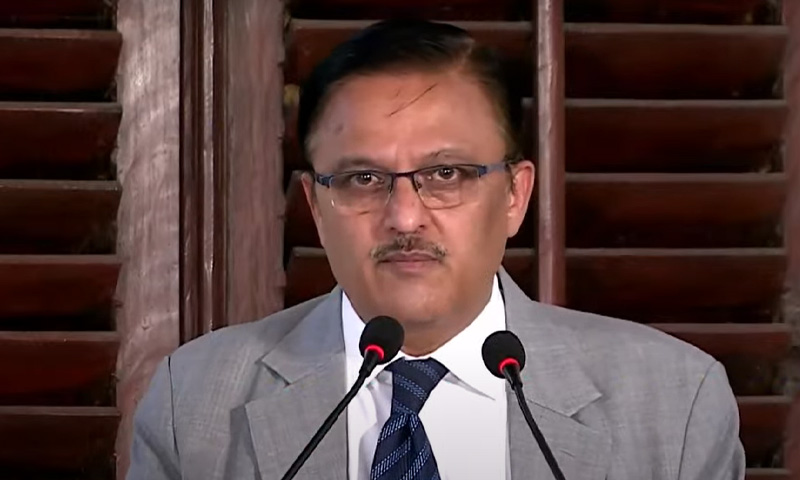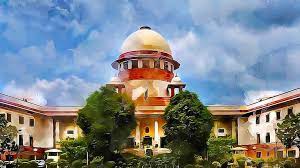
Judge summoned by Allahabad High Court for prejudice against Muslim attorneys on the basis of religion
Last Updated on April 17, 2024 by News Desk
Issues:
- A top judicial official has made allegations of religious prejudice against Muslim attorneys.
- In a criminal case involving allegations of forced religious conversion, there was misconduct on the part of the judge.
- Violations of the constitution’s guarantees of nondiscrimination and equality before the law as well as fundamental rights.
- The court’s impartiality and integrity are questioned.
- Judges’ responsibility for their actions and compliance with the law and moral principles.
Facts of the Case:
Additional District & Sessions Judge Vivekanand Sharan Tripathi was called by the Allahabad High Court due to allegations of religious prejudice against Muslim counsel in a case involving forced religious conversions. The Muslim attorneys’ request for an adjournment to attend Friday prayers was denied by the trial judge, who then appointed amici curiae. The High Court objected to this action and delayed the trial court’s orders. The trial judge received criticism from the High Court for moving forward with the trial without giving the accused access to electronic evidence and for making racialized comments about Muslim attorneys.
Arguments and Reasoning:
The trial judge’s actions were ruled by the High Court to be judicial misconduct, breaching the equality and nondiscrimination provisions of the constitution. Judges’ honesty and impartiality are essential to the judiciary’s reputation and are necessary for the public to have faith in the legal system. The Court underlined how important it is for judges to follow moral and legal guidelines and make conclusions based only on the relevant facts and legislation. The severity of the situation is highlighted by the judge’s apologies and admission of error. The requirement for accountability and maintaining the integrity of the court is reflected in the Court’s decision to call the judicial official.
Judicial conduct review must maintain judicial independence while guaranteeing compliance with legal and ethical norms in order to hold judges accountable.
Written By: Nikita Shankar @nikitaashankar




